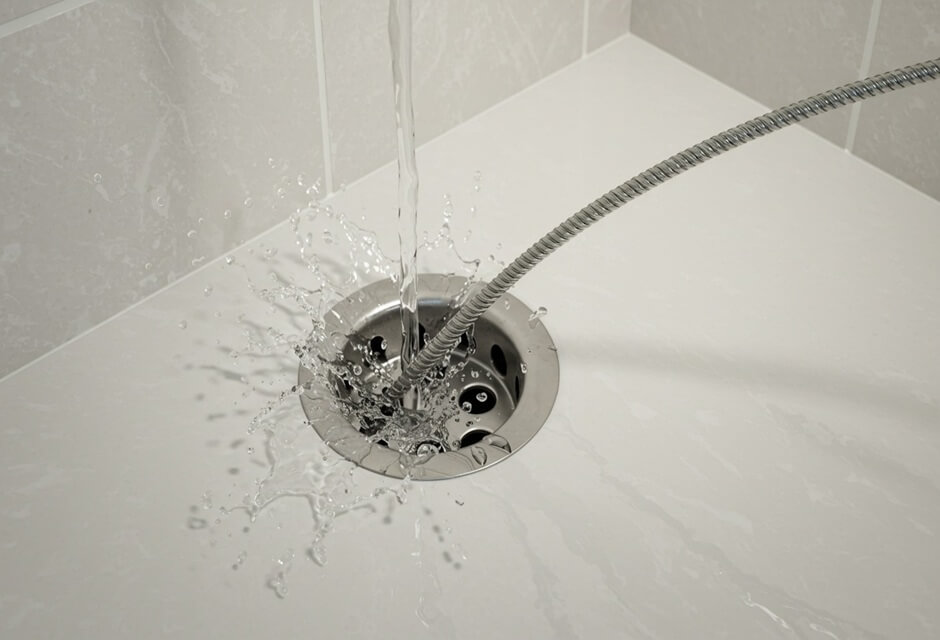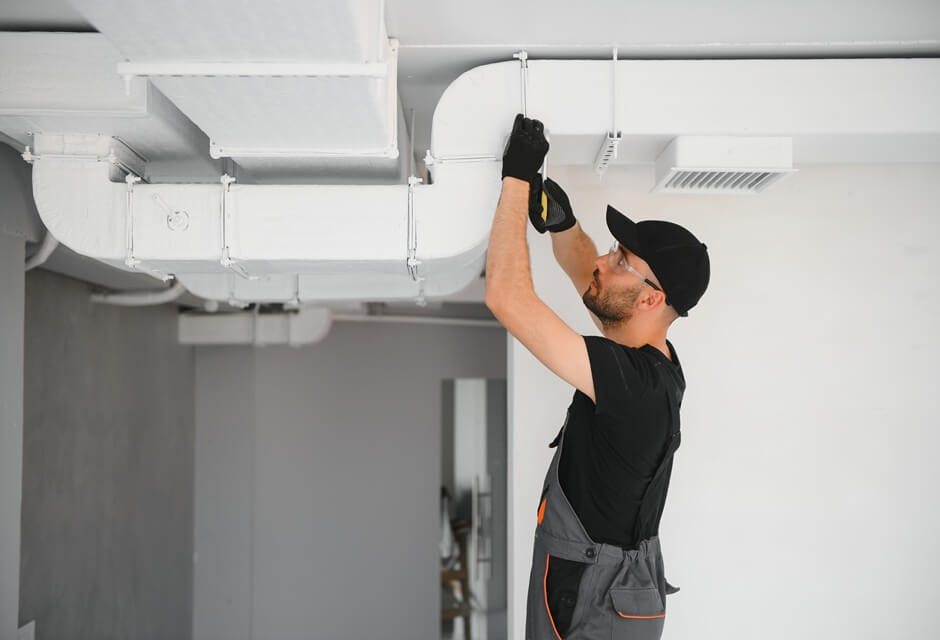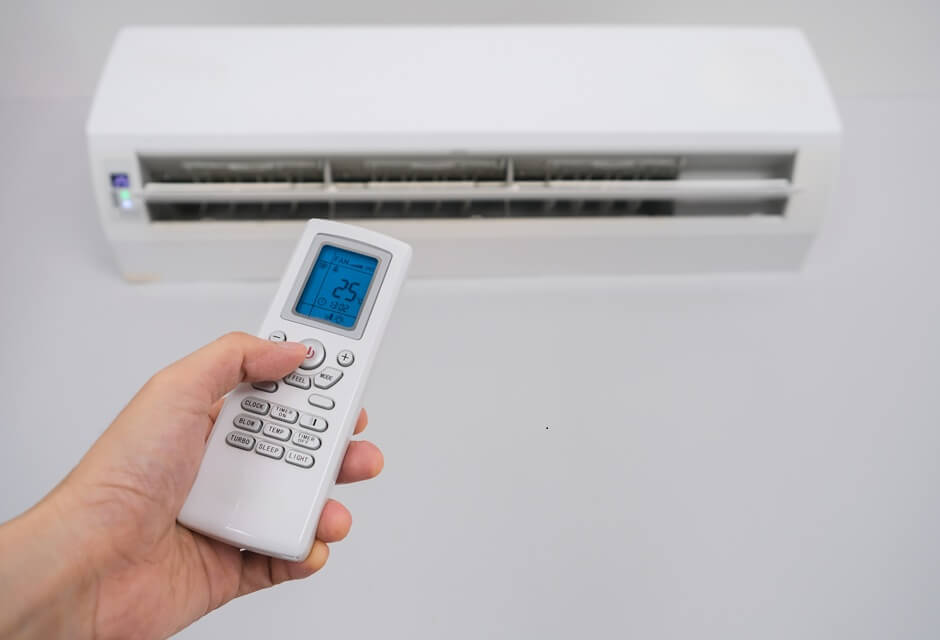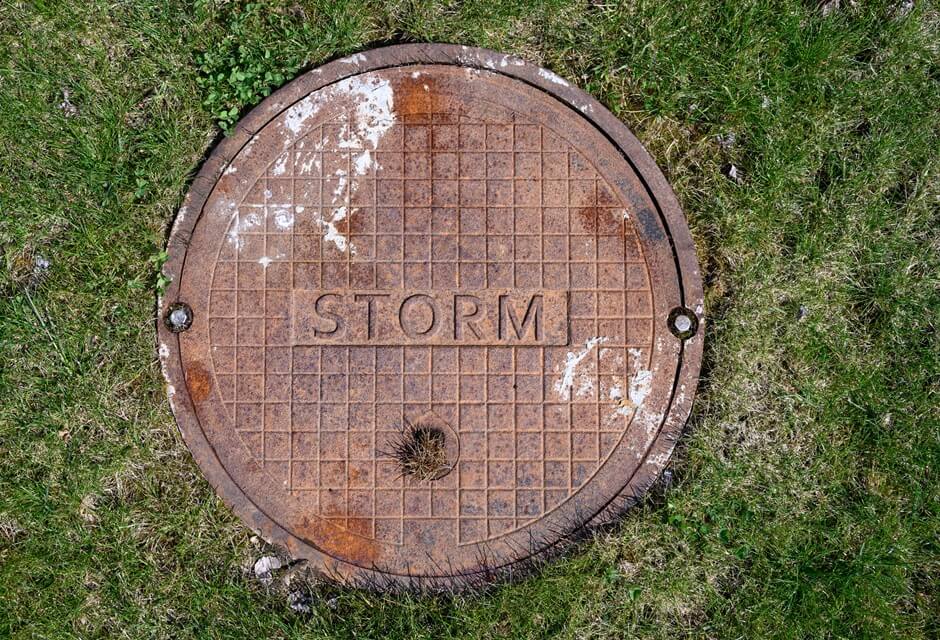The HVAC system is an integral part of any home. Making sure your home is heated to the right temperature levels goes a long way in making it cozy. However, HVAC systems are not going to work perfectly all the time. These appliances may sometimes encounter several issues and if not fixed as fast as possible, they may lead to costly repairs.
Well, in this post, we give you some of the most common heating problems so that you can take care of them as soon as possible.
Lack of Proper Maintenance

Keeping your HVAC system fully maintained is essential in enhancing its overall operation. Sadly, a lot of homeowners see HVAC maintenance as more of an afterthought when they are planning their daily chores. Lack of maintenance reduces the efficiency of your heating system.
This means that the system has to work extra hard to deliver the required heating, leading to higher energy costs. Besides, poor maintenance may also lead to costly repairs or replacements of various HVAC components or the entire system.
Clogged and Dirty Filters
Clogged or dirty filters will restrict the proper flow of hot air around the house. This will not only damage the indoor air quality but it reduces the efficiency of the entire heating system. Dirty filters may blow the limit switch, an important HVAC component designed to control the fan.
This will lead to expensive repairs.
Tip: A good rule would be to change the air filters each month. This will help enhance overall indoor air quality and it will also extend the life of your heating system.
Damaged Thermostat

Although thermostats rarely get damaged, when they do, they will significantly affect the operation of your HVAC system. It doesn’t matter whether you are using a traditional or a digital thermostat. Regular faults must be fixed as soon as possible.
Thermostats are designed to monitor the temperature levels in your home so that you can heat it or cool it accordingly. Faulty thermostats with faulty readings may, therefore, make you heat the home more than you should, leading to additional energy costs.
Lack of Enough Fuel
Every HVAC system will require enough fuel levels to operate optimally. Whether you are using gas, oil, or an electric-powered furnace, making sure there’s always enough fuel will ensure your heating system is reliable all the time.
Operating a furnace on low fuel levels may generate bad odors and fumes that will eventually affect indoor air quality in your house.
Moldy Furnace
Mold often forms as a result of moisture build-up. Moisture inside the furnace can be caused by several things including poor insulation or inadequate ductwork.
Mold accumulation reduces the efficiency of your furnace. It may also cause the heater to produce a pungent odor. Despite this, you can avoid mold build up on your furnace by getting professional cleaning services regularly.
Leaky Ductwork

Leaking ducts will also reduce the efficiency of your heating system. If the ducts are leaking, it simply means you’re losing hot air before it reaches its desired destination.
In other words, you will be heating parts of your home that don’t require heating. This then translates to high energy bills. However, detecting leaks isn’t that easy. You will need to pay very close attention to your ductwork regularly to identify the issue beforehand.
High Energy Bills
In case you are getting higher energy bills than normal, then something might be wrong with your heating system. Furnaces are supposed to be as efficient as possible. They should heat your home using the least amount of energy possible.
If your heater is taking too much power, it can only mean something is preventing its optimal or efficient function. Call in a professional inspector and see if you can troubleshoot the problem before it costs you too much money.
Get your heating system inspected soon to make sure your winter will go by smoothly!
 Let a heating contractor give you an estimate on your project
Let a heating contractor give you an estimate on your project





 Member of the
Member of the